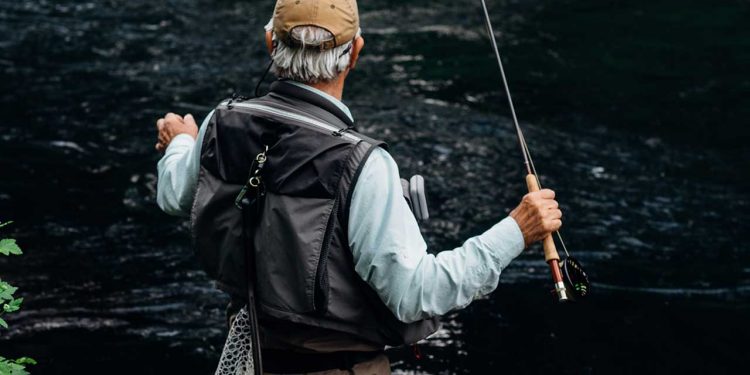Starting any career path is usually very difficult, and a career in aquaculture isn’t an exception. Although not as complicated as flying a spaceship, you will face more challenges than you would if you were learning how to ride a bike.
Without proper preparation, the fishing industry isn’t one you want to get involved in. It’s not a game where you can make free bets on your way to success – you need a well-developed framework to succeed. Although most believe that having the required licenses is all you need to start a career, that’s never the case. Other things like ichthyologic knowledge, funding, proper materials, and location for set-up are just as important to consider.
This article will highlight all you need to know before starting your fishing career. While you may already know some by innate knowledge, you’re likely to encounter others when you go deep in the profession.
What you need before starting a fishing career
Here are some things you’ll need to start a productive fishing career:
- You’ll need to seek funding.
Starting anything in this world requires money. First, you want to get the necessary funds ready to proceed with your aspiration. While most governments and banks will be happy to offer loans to Fiskars, you may not be able to get it easy by seeking grants from angel investors. At any rate, if you’ve got personal funding to oversee the entire operation, this journey will be an easy ride. - You’ll need to pick a specific Niche.
There are multiple career opportunities open to fishers – sadly, you can only handle one at a time. Considering the two primary career paths, you choose to be a commercial fisherman or fishing guide.
Of course, this will solely depend on your aspirations more than your skills. Also, choosing a specific career path will largely determine the funding you will need to set up your career. - You’ll need More Training on your Niche.
After choosing a specific career path, you will need more training to perfect it. Although starting any fishing career path doesn’t require any qualifications, you will have a lot of practice to get good at the profession.
Signing up for apprenticeships is a good way to start – there’s no need to guess that you’re already good enough. The skills and knowledge you need for any fishing career cannot be thoroughly learned by reading an E-book or watching videos; you need hands-on practice.
Having a thriving career as a fisherman or fishing guide isn’t impossible with the proper guidance. However, it does require a long process, even though it may not be as extended as you’d require to go to law school.
Conclusion
No career path in the world is easy. Deciding a career path requires time. It would help if you considered your interests and skillset. Some careers require a specific skill set. Suppose a fishing career is what you choose. In that case, you need to be ready to learn and improve your skills. Improving your skills will put you on a path to success.
Photo : Unsplash/Haitham









